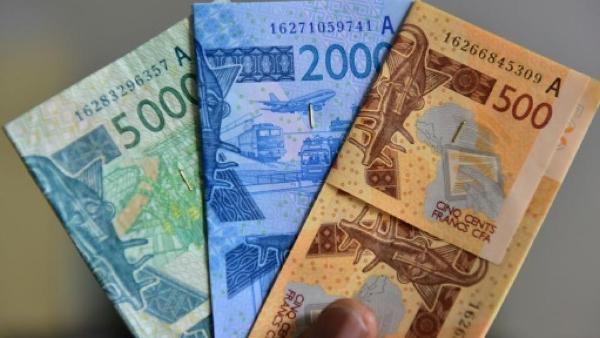 Economist and Business Expert, Mr. Evans Nunu has described implementation of the ‘ECO’ currency adopted by member states of the Economic Community for West African States as not wholly feasible and easy.
Economist and Business Expert, Mr. Evans Nunu has described implementation of the ‘ECO’ currency adopted by member states of the Economic Community for West African States as not wholly feasible and easy.
The West African leaders In a statement issued late on Saturday at the end of an Economic Community of West African States (ECOWAS) summit in Nigeria’s capital, Abuja endorsed the single currency to be used by its member states and approved a road map towards the currency’s issuance in January 2020. , the leaders said they had adopted ECO as the name of the planned currency.
Mahamadou Issoufou, ECOWAS chairman and Niger’s president, said there was “a real firm political will” to increase efforts ahead of the January 2020 deadline.
“We are of the view that countries that are ready will launch the single currency and countries that are not ready will join the programme as they comply with all six convergence criteria,” Issoufou said.
Meanwhile, Mr. Evans Nunu, is of the view that the implementation of the single currency is not wholly feasible due to the slow improvement of the macroeconomic indicators of the member states.
According to him, “most of the member states are still having challenges with their indicators, and this policy thrives on how well you are managing your macroeconomic indicators”
He said, Ghana for instance, being one of the vigorous member states in the ECOWAS membership is not having it easy in terms of the criteria for the adoption of the currency and as such will not be easy implementing the policy.
Mr. Evans Nunu on Technocrat with Afia Anidaso on Monday July 1 2019, indicated that although Ghana is making efforts to meet the criteria set for the country to be rolled in the policy, we have not met the requirements yet per our macroeconomic indicators, and could be that other countries are struggling as we are therefore he does not see this implementation next year too feasible.
There had been an initial road-map to ensure that all member countries meet the primary criteria for the adoption of the currency.
These included; a budget deficit of not more than three percent, average annual inflation of less than 10 percent with a long-term goal of not more than 5 percent by 2019.
Again, member states were expected to have gross reserves that can finance at least three months of imports.
What do you think about this piece? Share your comment in the comment thread and share the story using the social media buttons above. You may reach the editor on 0249579664. Thank you.